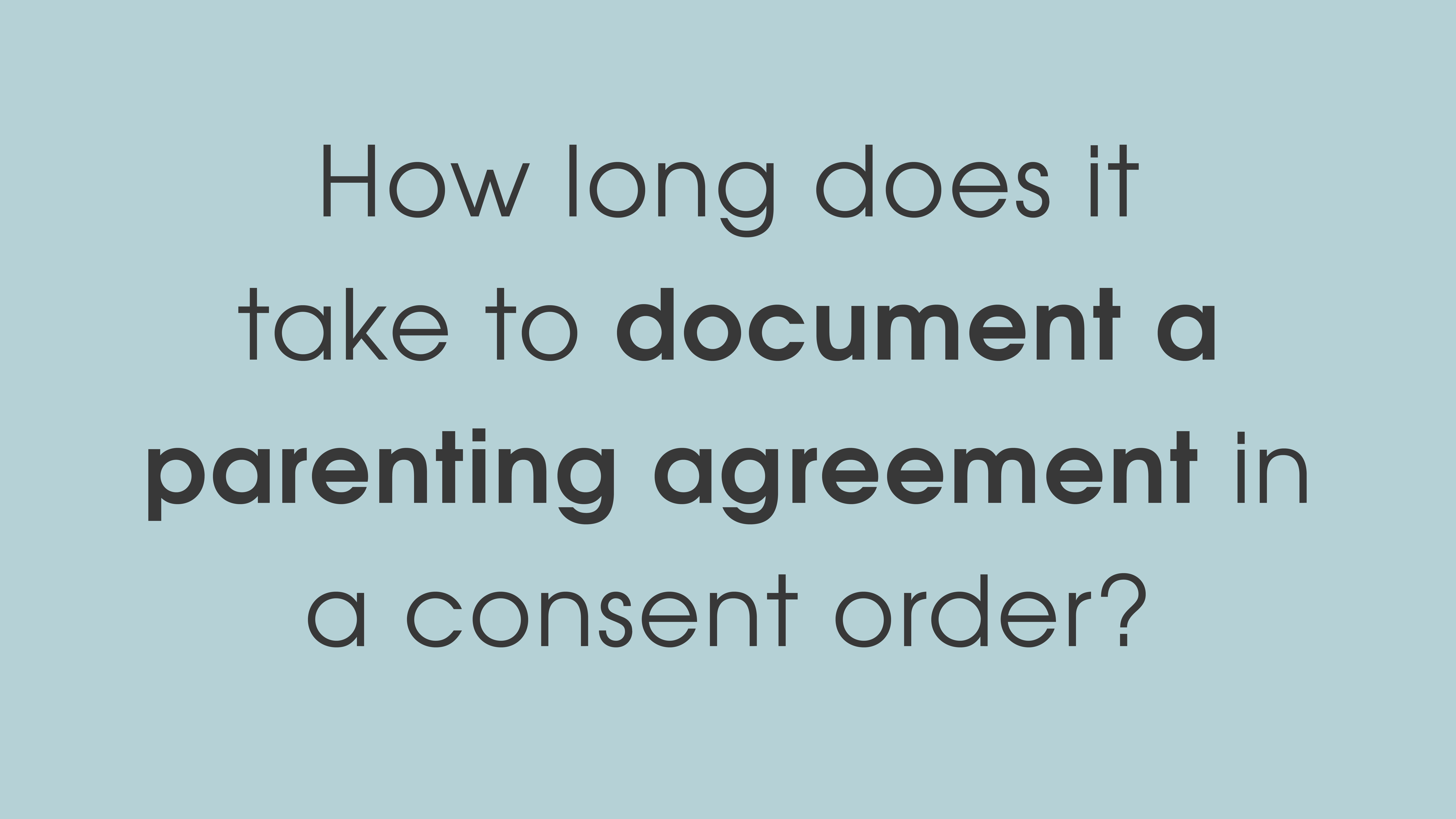Will my estate be subject to taxes in the event of my death?

Planning for the distribution of your assets after death is an essential estate planning consideration. Many people, however, need to pay more attention to the tax implications of their estate plans and how they will impact the distribution of their assets.
Before we look at some of the tax implications for estates, let’s examine why it is important to be aware of estate taxes.
Understanding the tax obligations when considering your estate planning is crucial for several reasons:
1. You can explore opportunities for maximising tax efficiency
Strategies may be available to minimise the tax burden, such as claiming deductions, utilising exemptions, distributions within trusts or to certain types of beneficiaries, or taking advantage of specific tax provisions. This knowledge can help preserve the estate’s value and reduce the overall tax liability.
2. You can avoid unnecessary expenses
Failing to understand the tax obligations of an estate may lead to unnecessary expenses. If you overlook certain taxes or incorrectly calculate the amount owed, it can result in overpayment of tax or a reduction in what a beneficiary might receive. By being aware of the relevant tax arrangements applicable to your estate, you can ensure that the estate pays the correct amount of tax, avoiding unnecessary financial losses.
3. Your Executor can provide for the proper distribution of assets
Knowing the tax liabilities allows your Executor to assess the value of the estate and plan for the distribution of assets accordingly. This can streamline the management of your estate and ensures that beneficiaries receive their share of your estate as you hope to provide for in your Will.

So what taxes need to be considered when distributing an estate?
First, it is important to know that there are no “estate taxes” or “death tax” in Australia. Those types of taxes apply in other countries but not in Australia.
In Australia, the usual taxes that are relevant for an estate plan to consider and for an executor to be aware of when administering the estate are those that apply when you are alive. In particular, the tax law imposes responsibility on the Executor to finalise the tax affairs of the deceased – their individual tax affairs and their estate tax affairs.
The taxes which need to be considered generally are:
1. Income tax – in the same way that a person must pay income tax, the estate must also pay income tax
The same tax-free thresholds apply; therefore, tax returns will be required if the estate’s income is above $18,200 (current as at publication). However, it is important to know that sometimes tax returns are unnecessary. Therefore, it is important to consult with a solicitor and an estate accountant to ensure the correct records are prepared and lodged.
2. Capital Gains Tax is also a relevant consideration for investments
CGT is usually triggered when an asset is sold or transferred and a capital gain or loss arises. However, some tax rules say that a person’s death does not trigger a CGT event. For example, if the deceased held an investment property and the property was transferred to a person under the Will, any applicable CGT rolls over to the beneficiary. However, if that property is sold as part of the estate distribution, the CGT will be triggered and payable from the estate before distribution.
3. Special CGT rules apply to the deceased’s home
The most important rule to know with the deceased’s home is that it must be sold or transferred within two years to avoid CGT. This means that settlement must occur within two years, not the signing of a contract for sale. A property can remain a person’s home even if they are not living there. This is relevant when a person moves into a nursing home or other care facility but still keeps their home. Provided the home is not income-producing, the exemption applies indefinitely. If the property becomes income-producing, it only maintains its tax-free status for six years.
Other tax rules apply to foreign residents, superannuation, companies and trusts.
It is essential that you seek the appropriate advice and engage a solicitor and estate planning accountant to help you navigate these issues. If you are searching for an experienced solicitor to assist you with planning or working out how to distribute a deceased estate, our team of solicitors at our Brisbane and Sunshine Coast offices will walk you through the options.
Book a free initial consultation below.





